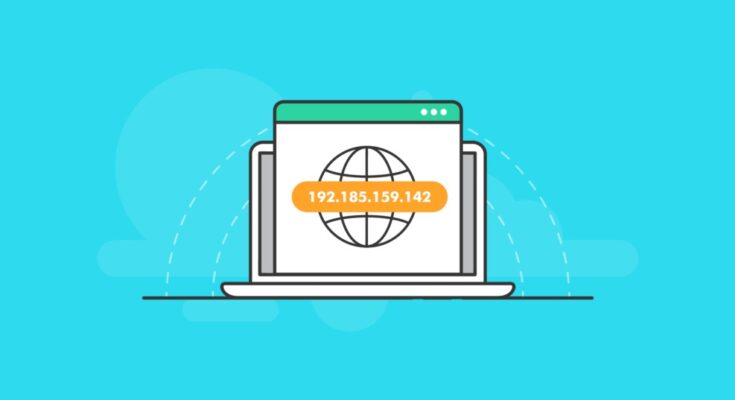The digital world is evolving unprecedentedly, and the tools we use to secure and optimise our online presence must keep up. IP stressers are no exception, and several developments will shape how we use these tools to safeguard our networks. From advancements in technology to changing threat landscapes, here’s a look at what’s to come for IP stressers:
Increasing adoption of cloud-based IP stressers
The cloud has revolutionised how we store, manage, and access data, and its influence on IP stressers is undeniable. Cloud-based IP stresser solutions offer unprecedented flexibility and scalability. In the future, we can expect to see wider adoption of cloud-based IP stresser tools that provide on-demand capacity and global reach. With cloud-based solutions, network administrators can instantly provision testing environments, scale up or down based on testing needs, and leverage cloud providers’ extensive infrastructure. This enables more efficient and cost-effective testing, especially for organisations with dynamic or distributed networks.
Integration with automation and orchestration platforms
As network complexity increases, so does the need for automation. IP stresser tools will increasingly integrate with automation and orchestration platforms, enabling seamless incorporation into existing workflows. Through these integrations, administrators can automate the provisioning and configuration of test environments, triggering tests based on specific events or conditions and analysing results through automated reporting. By integrating with orchestration platforms, IP stresser tests can become a seamless part of continuous integration and continuous deployment (CI/CD) pipelines, ensuring that network changes and updates are thoroughly tested for resilience and performance.
Advanced machine learning capabilities
Machine learning (ML) and artificial intelligence (AI) are already transforming many aspects of cybersecurity, and IP stresser tools will also benefit from these advancements. Future IP stresser solutions will leverage ML to enhance testing strategies and improve accuracy in identifying vulnerabilities. ML-powered IP stressers can learn from test results, network behaviour, and external threat intelligence to optimise their testing approaches. They can adaptively generate more targeted and sophisticated test scenarios, improving the accuracy of vulnerability assessments. Additionally, ML can analyse large volumes of data generated during tests, identifying patterns and anomalies that indicate potential weaknesses.
Expansion into IoT and edge computing
Future IP stresser solutions will be designed to test the resilience of IoT devices and edge networks, helping secure the vast array of connected devices that comprise the IoT ecosystem. IP stresser tools tailored for IoT will simulate large-scale botnet attacks, evaluate device firmware updates for security robustness, and assess the impact of distributed denial-of-service (DDoS) attacks originating from IoT botnets. By stress-testing IoT devices and edge networks, organisations can identify vulnerabilities and implement stronger security measures to protect these expanding frontiers.
Collaborative testing and community engagement
The future of IP stresser tools will also be characterised by increased collaboration and community engagement. Security professionals will share best practices, exchange test scenarios, and collectively address emerging threats. Through collaborative testing, the security community can simulate large-scale attacks, crowdsource vulnerability detection, and develop more robust defence strategies.
The future of IP stresser tools is filled with exciting developments that will enhance our ability to secure and optimize networks. The future of IP stressers promises a more secure digital world, an exciting journey that we’re all a part of. View more info about ip stresser on https://darkvr.su/



